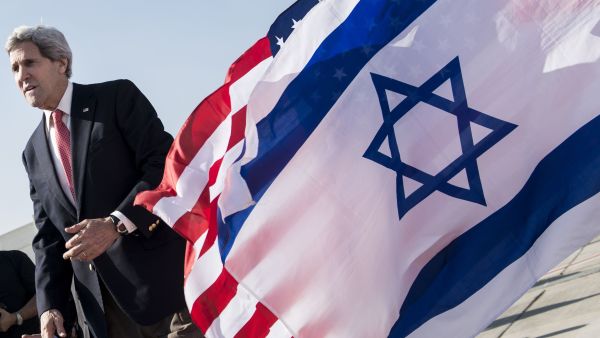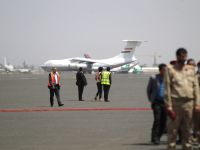Of the 59 "terrorist" organizations the US State Department lists on its website, 29 of them are based in the MENA region (including Turkey) and two-thirds of them are Islam-affiliated. But that doesn't necessarily mean Islamic groups produce more "terrorists."
The list's close correlation with the Middle East and Muslim extremists often stems from the region's support for Palestinians and the US' close allegiance with Israel. The State Department says an organization's terrorist activity can get on the list not only if it threatens US national security but also US "foreign relations or economic interests."
So what does it take to get on the list? It's more open to interpretation than you may expect.

There are separate criteria for nations. Currently Iran, Sudan and Syria are listed as "state sponsors of terrorism," while Cuba was recently taken off. Here are three US laws that can get a country the terrorist designation.
Section 6j of the Export Administration Act: if countries "repeatedly provided support for acts of international terrorism"
Section 40 of the Arms Export Control Act: limiting “transactions with countries supporting acts of international terrorism”
Section 620A of the Foreign Assistance Act: forbidding “assistance to governments supporting international terrorism”







